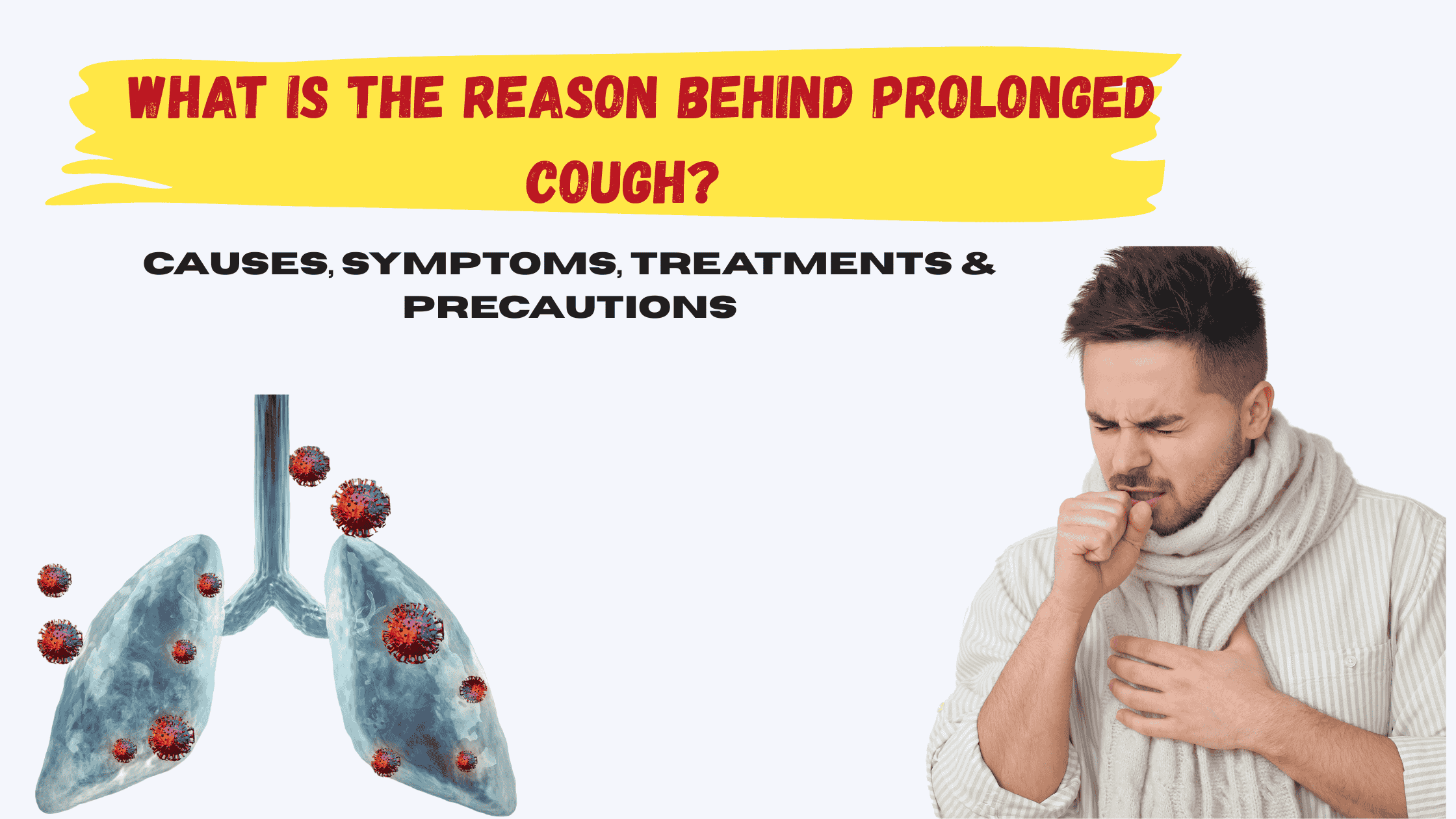What is TB ? And why does it affect the human body?
Tuberculosis • 10 May,2025

TB is one of the major public health problems in Pakistan, with the country ranking 5th among TB high-burden countries worldwide. WHO recommended DOTS strategy that was piloted in 1995 in Pakistan.
Tuberculosis (TB) is caused by a bacterium called Mycobacterium tuberculosis. TB bacteria are spread through the air from one person to another. Tuberculosis is a highly contagious infection, which can be easily transmitted to any other person by tiny droplets that are infected and they are generated by coughing or sneezing that patient has active pulmonary Tuberculosis disease. These tiny droplets dry rapidly, and attach themselves to fine dust particles and the smallest of them may remain suspended in the air for several hours.
While not everyone exposed to the bacterium becomes infected nor does everybody infected with it develop clinical symptoms. The chance of becoming infected depends mainly on the quantity of the infected droplets in air, and the length of exposure to an infectious person. The closer the infectious person is, and the longer the length of exposure, the higher the risk is being infected. When a person breathes in TB bacteria, the bacteria can settle in the lungs and begin to grow.
Tuberculosis spreads from the primary lung lesion to the other parts of the body via the bloodstream, and this way may affect any organ in the body. Many people who have latent TB infection never develop disease. Some people develop TB disease soon after becoming infected within weeks before their immune system can fight the TB bacteria. Other people may get sick years later when their immune system becomes weak for another reason. For people whose immune systems are weak, especially those with HIV infection, the risk of developing TB disease is much higher than for people with normal immune systems.
Symptoms
TB bacteria usually grow in the lungs. TB disease in the lungs may cause symptoms such as:
Cough more than two or more weeks
Pain in the chest
Coughing up blood or phlegm
Other symptoms of TB disease are:
Weakness or fatigue
Weight loss
Reduced appetite
Chills
Fever
Sweating at night
Children less than 5 years of age who have a positive tuberculin test group with high rates of TB transmission.
Treatment
If you have following symptoms visit your health consultant for your sputum test and chest x-rays
To improve TB control, patient with active TB disease must be diagnosed quickly and treated immediately. Its important to take care of your diet during these times in order not to feel more weak and keep drinking warm fluids.
Preventing
Preventing Tuberculosis (TB) requires a combination of individual and community efforts. Here are some preventive measures:
Individual Measures:
1. Vaccination: BCG (Bacillus Calmette-Guérin) vaccine for children and high-risk groups.
2. Avoid close contact: With people having active TB.
3. Good hygiene: Cover mouth and nose when coughing or sneezing.
4. Healthy lifestyle: Balanced diet, regular exercise, and adequate sleep.
5. Screening: Regular TB screening for high-risk groups (e.g., healthcare workers).
NOTE:
If you have any symptoms or your health is deteriorating, then do visit a General physician and take care of your health at the right time. You can also book your appointment at Mednise with the physician present here.
